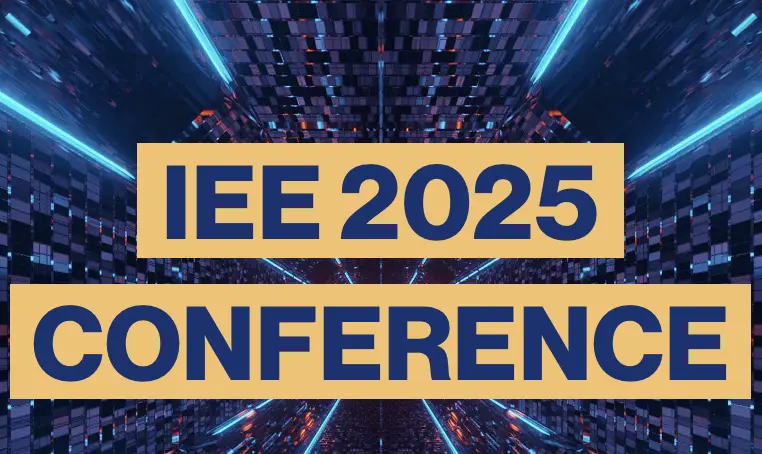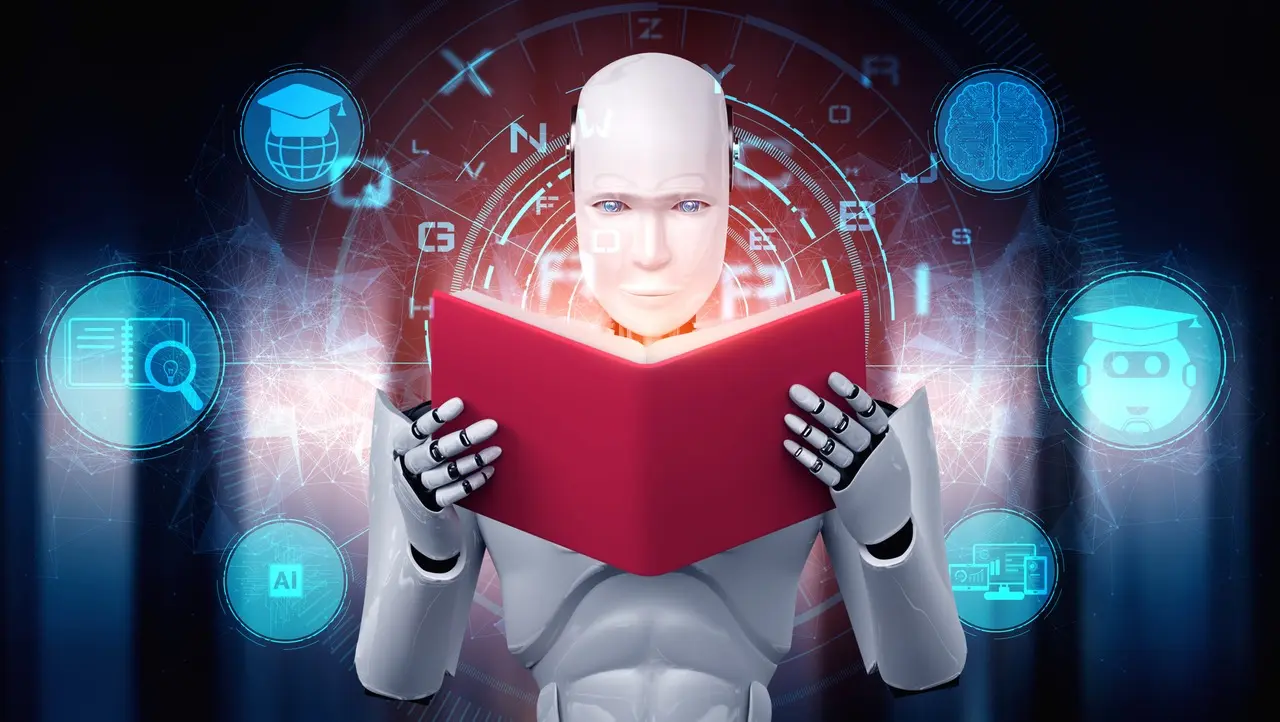Innovation in Engineering Education - IEE 2025
---For tomorrow’s engineers---

February 7–8, 2025 – DAC Headquarters (49 Thomas Mann Street, 4032 Debrecen, Hungary)
| Important dates |
|
Conference Registration (with a conference abstract): January 15, 2025 Registration fee transfer: January 28, 2025 |
|
Publication Extended Abstract submission: February 6, 2025 Pre-review (paper invitation to JIDPS): February 28, 2025 Final paper submission to JIDPS: April 30, 2025 Submission to IJEMS (Debrecen) or MT (Miskolc) is ongoing. |
| About the Conference | Planned Topics | Keynote Speakers | Planned Program |
| About the Registration | Publication Opportunity | Committees | Contact us |
Conference Chair :Prof. Dr Imre KOCSISVice-Dean for Scientific AffairsUniversity of Debrecen, Faculty of Engineering |
Conference Co-Chair :Dr Szilvia ÁRVAI-HOMOLYAVice-Dean for Educational AffairsUniversity of Miskolc, Faculty of Mechanical Engineering and Informatics |
|---|
The Faculty of Engineering at the University of Debrecen, the Faculty of Mechanical Engineering and Informatics at the University of Miskolc, and the Engineering Committee of the Regional Committee of the Hungarian Academy of Sciences are launching a yearly series of conferences titled Innovation in Engineering Education (IEE 2025). The first conference therein will be held as part of the scientific events celebrating the 200th anniversary of the Hungarian Academy of Sciences. The Organizing Committee invites academics from the fields of STEM as well as from other disciplines that provide the key intellectual and skill competencies for next-generation engineering education, such as engineering design, systems science, data/knowledge science, sociology, economics, sustainability, engineering ethics, and artificial intelligence. Presentations in both theoretical research and educational practice are welcomed.

This international conference aims to improve the effectiveness of engineering education at both undergraduate and graduate levels by fostering innovative teaching approaches and tools. These innovations cannot be achieved without the collaboration of academics in all concerned fields of sciences (in particular, in didactics) and engineering. Effective education requires careful planning and agreement on the vision, contents, timing, and ways of delivery. By keeping and treating the educational methodology of the concerned disciplines separately only partial success can be achieved, whereas integrating the best compatible elements of these will contribute to the achievement of the common goal of high-quality next-generation engineering education. Therefore, we intend to foster collaboration and networking among participants and laying down the foundation for lasting partnerships in the challenging field of engineering education.

In our vision, a deep understanding of the approaches of modelling (creation of mathematical, physical, and engineering models), and the principles and approaches of data science, computational hardware, software, cyberware, and heterogeneous systems are at the core of engineering knowledge and competencies. Supported by the knowledge offered in the social, human, and environmental sciences, these disciplines equip future engineers with essential problem-solving and innovation skills, as well as with the analytical mindset needed to tackle complex technical challenges. A transdisciplinary integration of cutting-edge knowledge and methods in the framework of learning and teaching these core subjects is crucial to educating the next generation of innovators.

Scientists, educators, and researchers who are passionate about improving education, advancing technology, and exploring non-traditional learning and teaching methods are invited to attend the conference. This two-day event will provide a platform to explore solutions to current educational challenges through making acquaintances, knowledge sharing and collaboration, and becoming a member of a widely-based international community. They will learn about the skills needed for innovative engineering and about innovative educational approaches that lead to the acquisition of these skills. The responsible use of AI in education will also be discussed, ensuring ethical practices that priorities fairness, transparency, and privacy. The view of the organizers is that AI should support - not replace - human judgement in engineering education and enhance learning without compromising integrity. Disciplined conducts and careful implementation are the key to avoiding misuse and unintended consequences in next-generation engineering education.